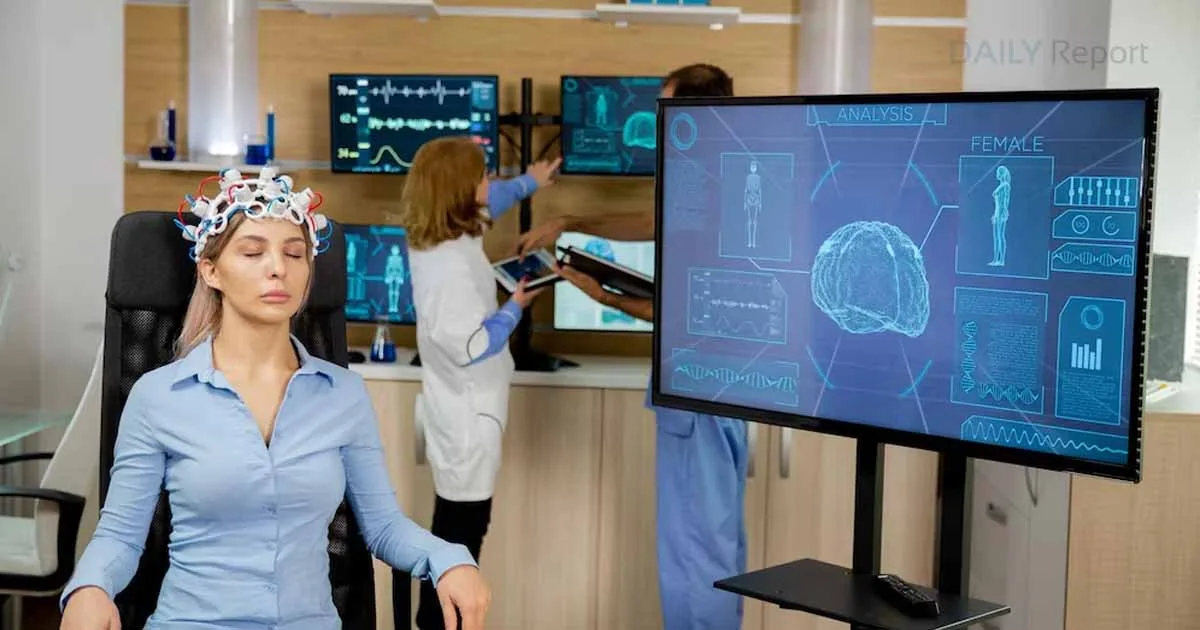Artificial Intelligence in Healthcare: Improving Diagnosis and Treatment 2023
Artificial intelligence (AI) has revolutionized numerous industries, and healthcare is no exception. With its ability to process vast amounts of data and learn from patterns, AI has the potential to transform the way we diagnose and treat illnesses. From enhancing diagnostic accuracy to streamlining treatment processes, AI-driven technologies are making significant strides in healthcare. In this blog, we will explore the impact of artificial intelligence in healthcare, specifically focusing on how it is improving diagnosis and treatment.
1. The Need for AI in Healthcare
Diagnosing diseases accurately and effectively is a critical aspect of healthcare. Traditional diagnostic methods heavily rely on the knowledge and experience of medical professionals, which can lead to human errors and variability in outcomes. Additionally, the growing volume of medical data, such as electronic health records, medical images, and research papers, makes it challenging for healthcare providers to keep up and make well-informed decisions. This is where AI steps in.
2. Enhancing Diagnosis with AI
a. Medical Imaging and Radiology
AI has shown remarkable potential in the field of medical imaging and radiology. Deep learning algorithms can analyze medical images, such as X-rays, CT scans, and MRIs, to identify abnormalities and assist radiologists in making accurate diagnoses. By training on large datasets, AI algorithms can detect subtle patterns and anomalies that may not be easily noticeable to the human eye, leading to earlier and more precise diagnoses.
b. Clinical Decision Support Systems
AI-powered clinical decision support systems (CDSS) can analyze patient data, including symptoms, medical history, and lab results, to provide physicians with evidence-based recommendations for diagnosis and treatment. These systems consider a vast amount of information and provide real-time insights, helping healthcare professionals make more informed decisions and reduce diagnostic errors.
c. Early Disease Detection
Timely detection of diseases significantly improves treatment outcomes. AI algorithms can analyze patient data over time, tracking changes and identifying potential risk factors for diseases. For example, machine learning models can predict the likelihood of developing conditions such as diabetes, cardiovascular diseases, and certain types of cancer. Early intervention based on these predictions can enable preventive measures and improve patient outcomes.
3. Personalized Treatment and Precision Medicine
AI is enabling a shift towards personalized treatment plans and precision medicine. By analyzing patient-specific data, including genetic information, medical history, lifestyle factors, and treatment responses, AI algorithms can identify patterns and correlations that aid in tailoring treatments to individual patients. This approach maximizes treatment effectiveness, minimizes side effects, and improves patient satisfaction.
4. Improving Patient Outcomes and Care
a. Remote Patient Monitoring
AI-driven technologies are enabling remote patient monitoring, allowing healthcare providers to keep track of patients’ vital signs, symptoms, and adherence to treatment plans from a distance. This not only improves patient convenience but also enables early detection of complications or deterioration, leading to timely interventions and reduced hospital readmissions.
b. Predictive Analytics for Hospital Management
AI algorithms can analyze historical patient data, operational metrics, and external factors to predict patient flow, disease outbreaks, and resource requirements in healthcare facilities. By leveraging predictive analytics, hospitals can optimize resource allocation, manage bed availability efficiently, and ensure timely interventions, ultimately enhancing patient outcomes and reducing healthcare costs.
5. Ethical Considerations and Challenges
a. Data Privacy and Security
With AI systems relying on vast amounts of patient data, maintaining privacy and security becomes a critical concern. Striking a balance between sharing data for research and protecting patient confidentiality is vital to ensure trust and safeguard against potential misuse of sensitive information.
b. Algorithm Bias and Transparency
AI algorithms are only as good as the data they are trained on. If the training data is biased or lacks diversity, it can lead to biased outcomes and disparities in healthcare. Ensuring
transparency in AI systems and continuously monitoring and addressing bias are essential to prevent discriminatory practices.
c. Integration and Acceptance
The successful integration of AI technologies in healthcare requires acceptance and cooperation from both healthcare professionals and patients. Addressing concerns, providing proper training, and fostering a collaborative environment will be crucial to harnessing the full potential of AI in healthcare.
Conclusion
Artificial intelligence is rapidly transforming healthcare, offering unprecedented opportunities to improve diagnosis and treatment processes. From enhancing diagnostic accuracy through medical imaging and clinical decision support systems to enabling personalized treatment plans and remote patient monitoring, AI-driven technologies are revolutionizing healthcare delivery. However, ethical considerations such as data privacy, algorithm bias, and ensuring acceptance remain crucial challenges to overcome. With careful implementation, AI has the potential to significantly improve patient outcomes and pave the way for a more efficient and personalized healthcare system.





